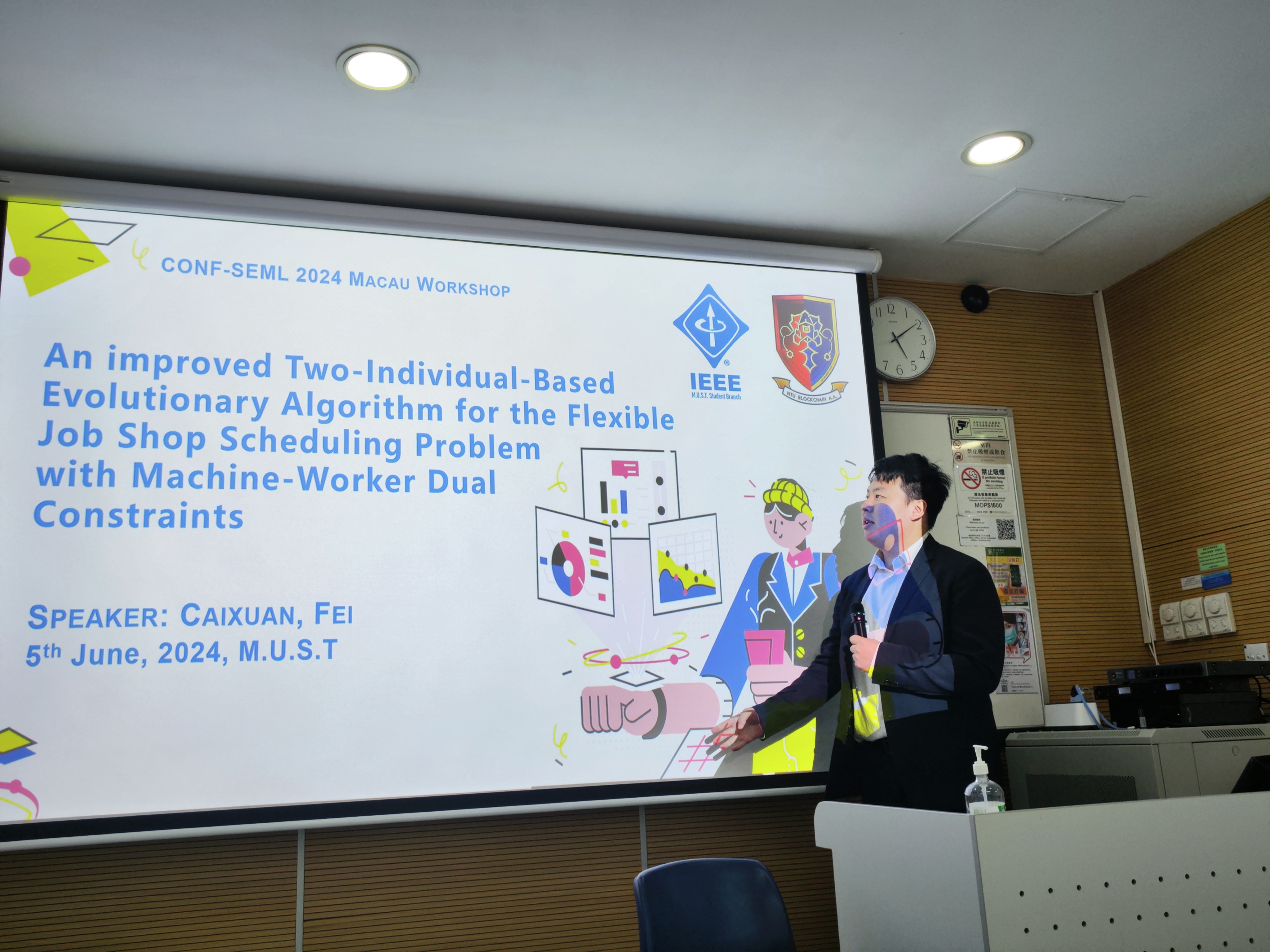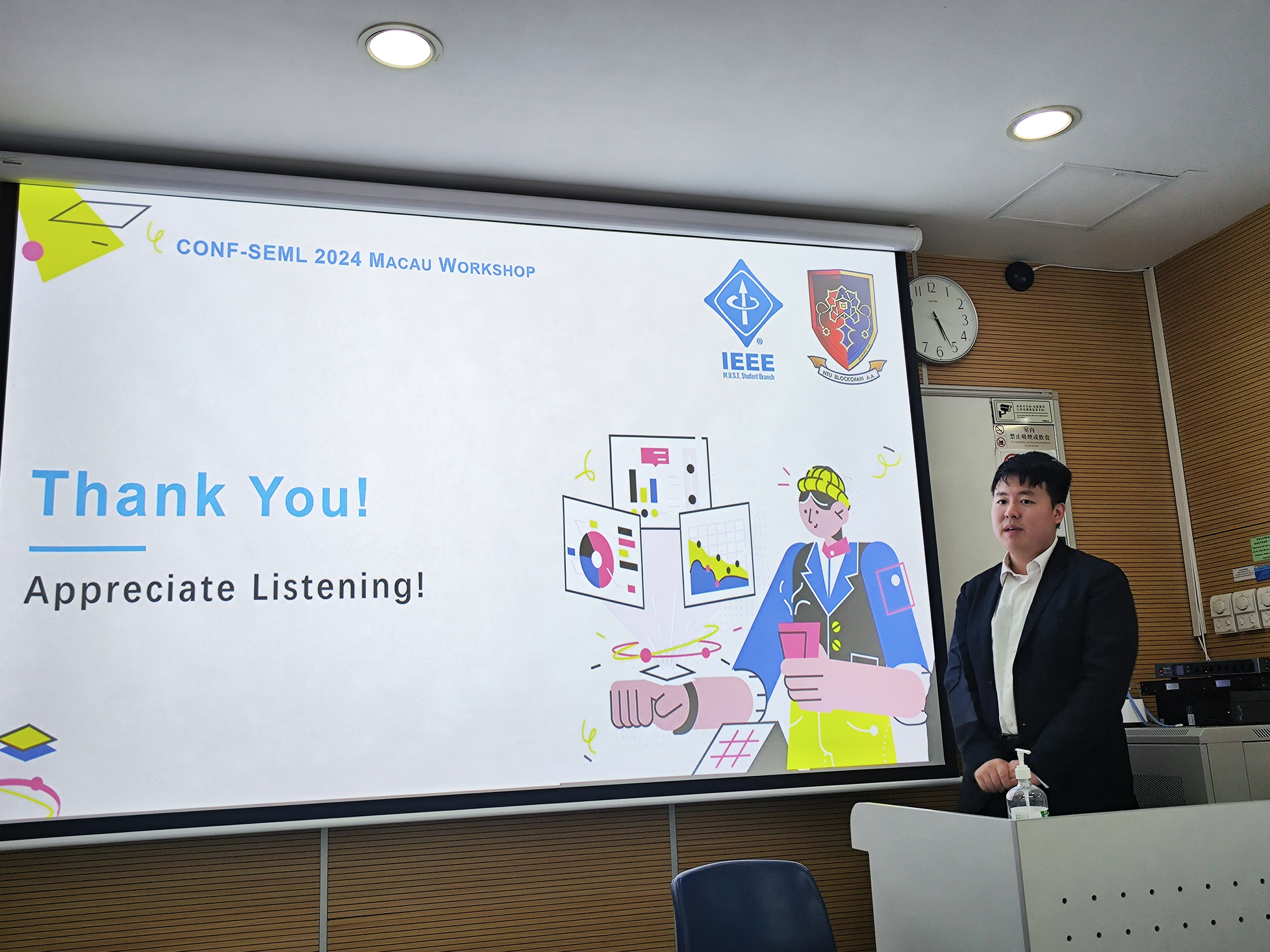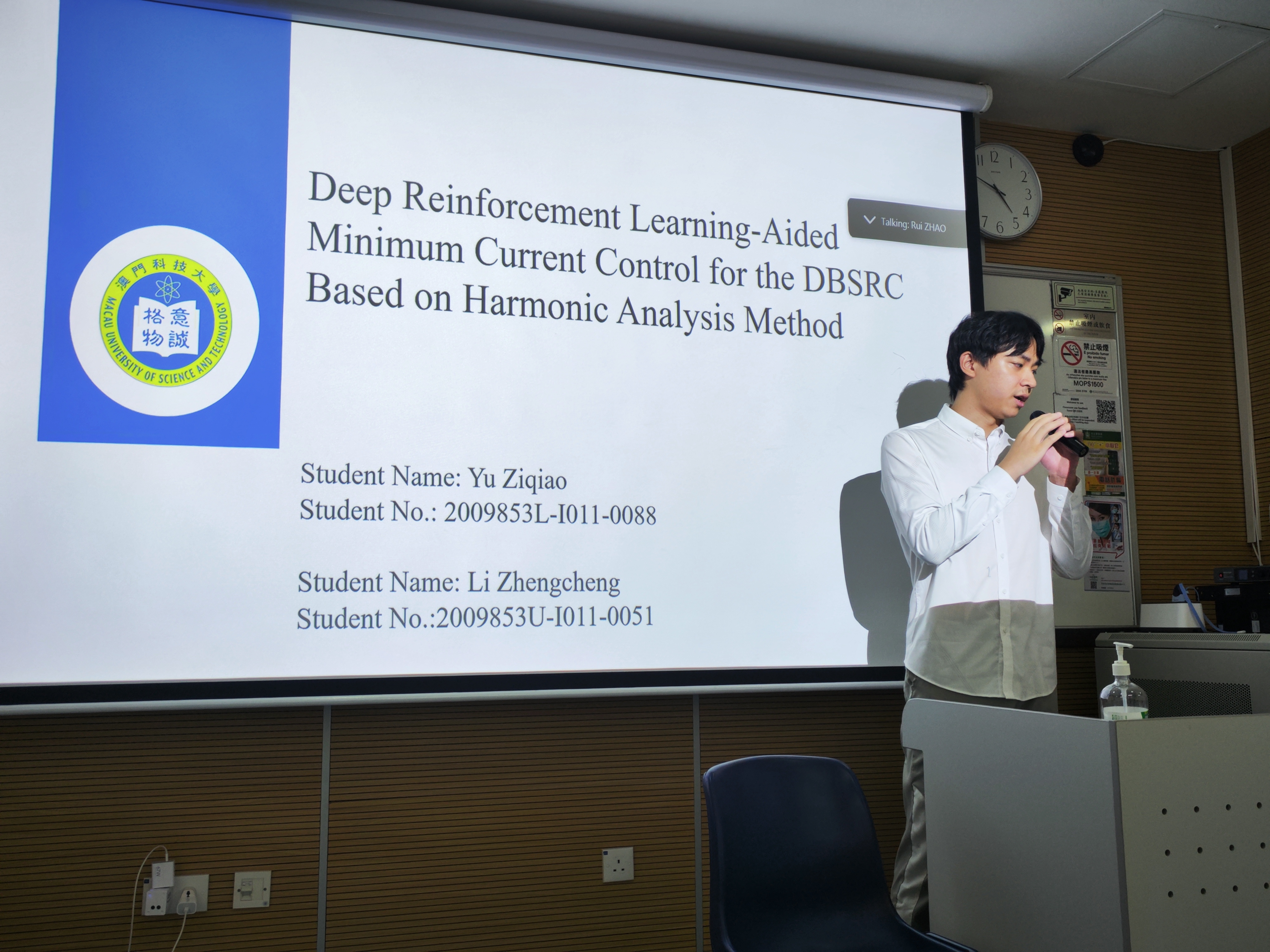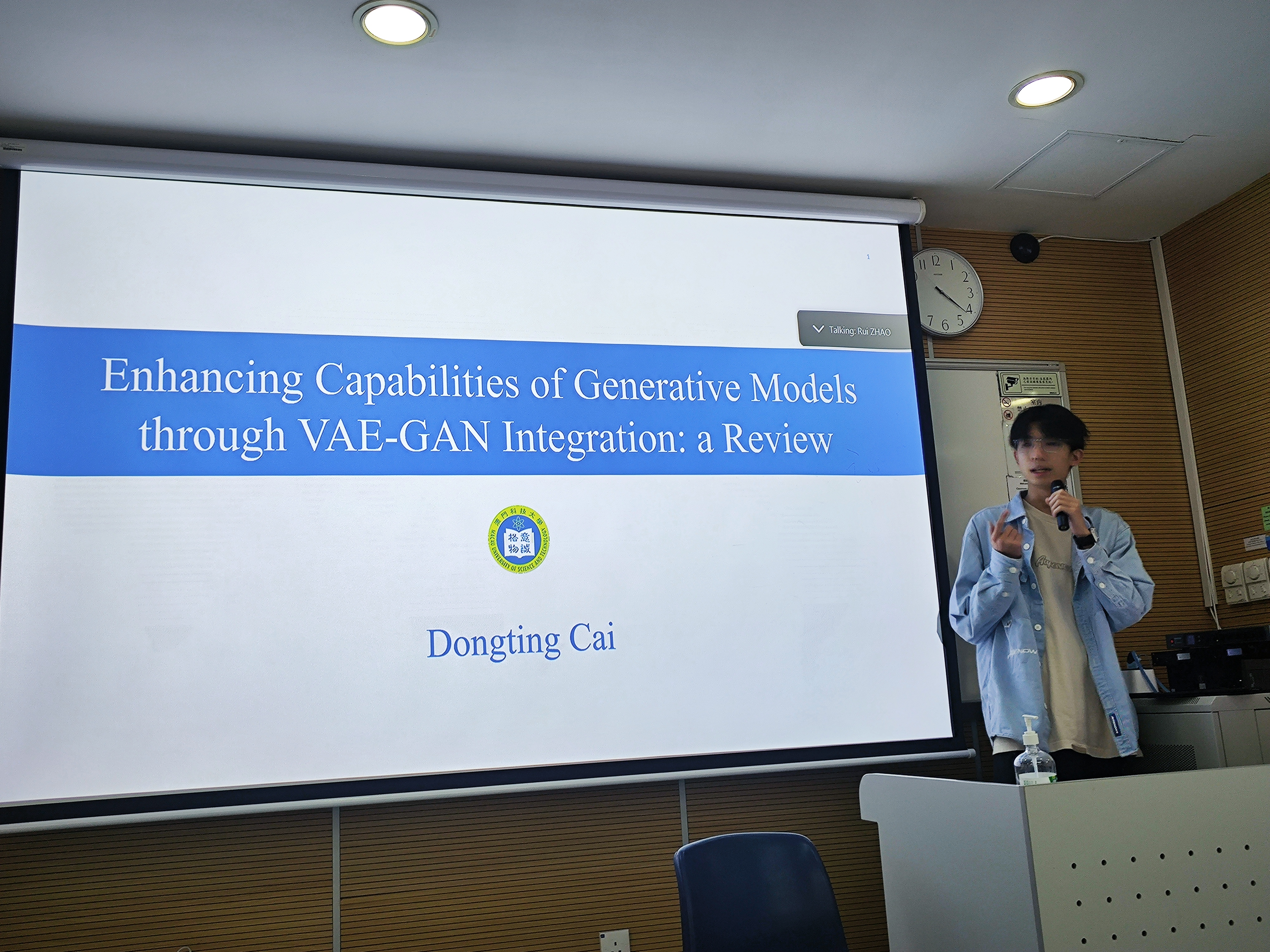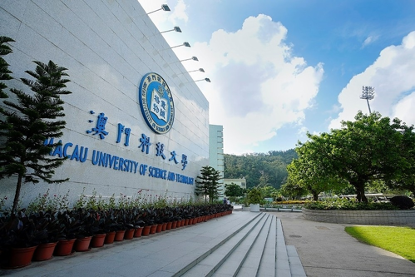Background:
AI's capabilities to boost efficiency, sustainability, and living standards in cities. This cutting-edge technology empowers the analysis of extensive data from urban sensors, social media, and city records, facilitating predictive analytics for traffic control, energy conservation, public safety enhancements, and tailored public services.
Urban Futures: Leveraging Machine Learning for Smart Cities" seminar is poised to meet the critical demand for experts capable of applying machine learning to tackle sophisticated urban issues. Aimed at individuals with a foundational understanding of AI, this seminar is guided by veterans in smart city innovations and machine learning.
It offers a succinct yet comprehensive curriculum that blends theoretical insights with real-world case studies, providing attendees with the knowledge and tools to revolutionize urban areas.
By engaging with ongoing smart city initiatives, participants will be prepared to drive forward the creation of more sustainable and efficient urban landscapes.
This workshop presents an unparalleled chance for those looking to navigate the forefront of urban technological progress.

